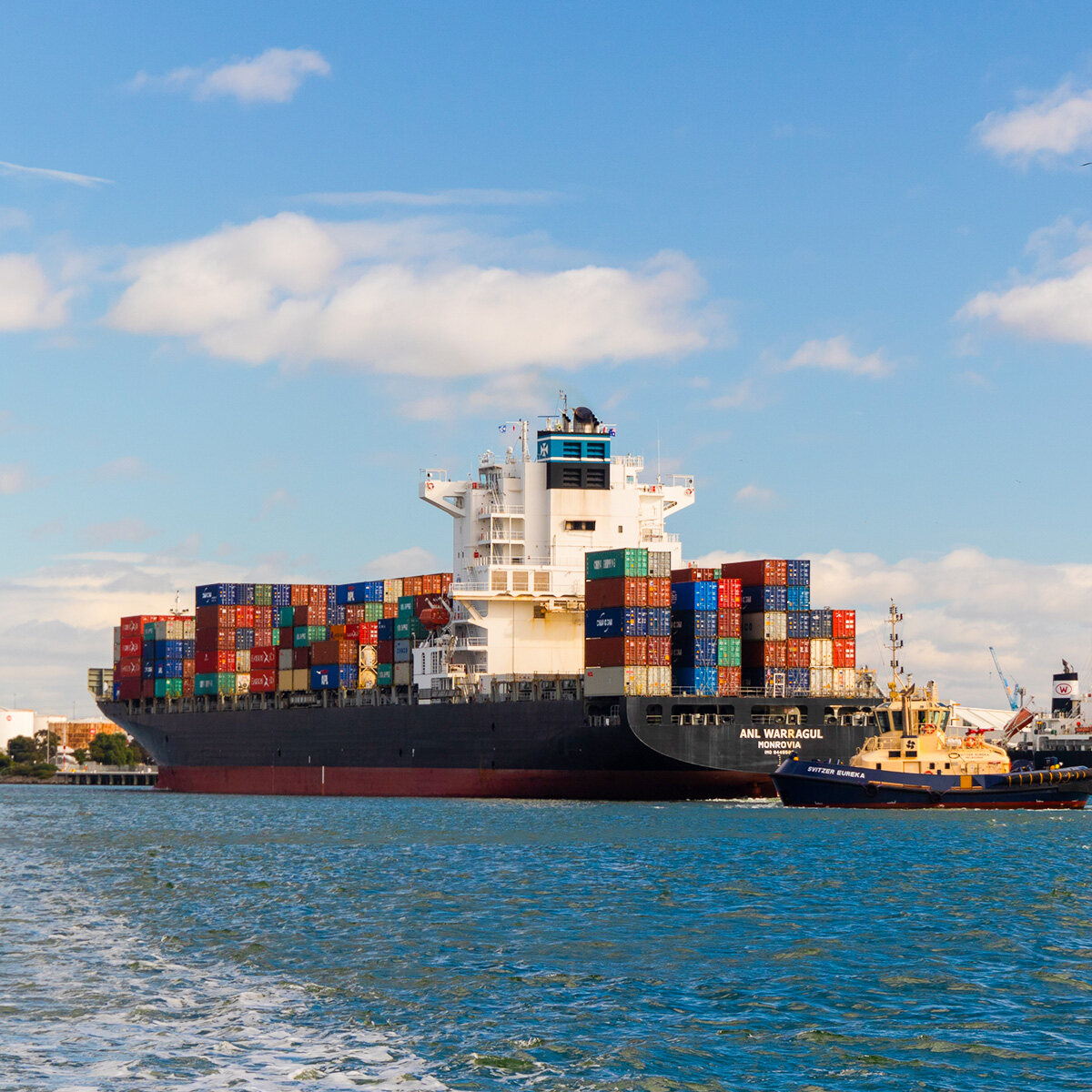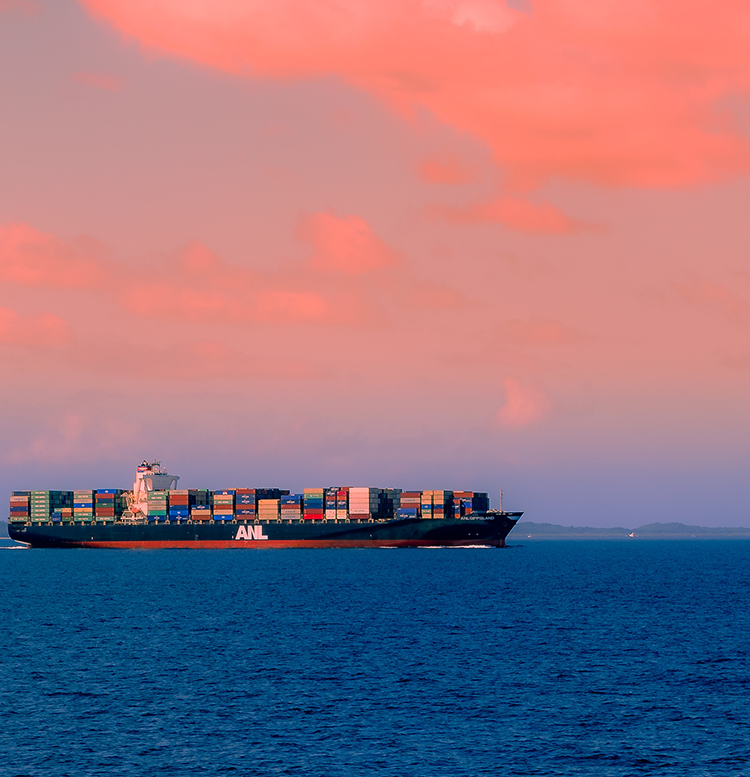Email format error
Email cannot be empty
Email already exists
6-20 characters(letters plus numbers only)
The password is inconsistent
Email format error
Email cannot be empty
Email does not exist
6-20 characters(letters plus numbers only)
The password is inconsistent

News

Groupage vs. Full Container Load: Which is Better for Your Business from China to Kumasi?
When importing goods from China to Kumasi, one of the most critical decisions you'll face is choosing the right shipping method. The two primary options are Groupage (LCL - Less than Container Load) and Full Container Load (FCL). Each method has distinct advantages and drawbacks, and the best choice depends on your specific business needs, shipment size, and budget.
This guide will break down the key differences, benefits, and considerations for choosing between Groupage and Full Container Load to help you make an informed decision.
1. Understanding Groupage (LCL) and Full Container Load (FCL)
What is Groupage (LCL)?
Groupage, also known as Less than Container Load (LCL), involves sharing container space with other shippers. Your goods occupy part of the container, and the costs are divided among all users based on the space used.
What is Full Container Load (FCL)?
Full Container Load (FCL) means you rent the entire container exclusively for your shipment. Whether the container is fully packed or partially filled, the cost remains fixed.
2. Key Differences Between Groupage and FCL
| Aspect | Groupage (LCL) | Full Container Load (FCL) |
| Cost | Shared costs make it more affordable for small shipments. | Fixed cost, typically cheaper for large volumes. |
| Volume Requirement | Ideal for shipments under 15 cubic meters. | Suitable for shipments over 15 cubic meters. |
| Transit Time | Longer due to consolidation and deconsolidation. | Faster, as no sharing delays occur. |
| Risk of Damage | Higher risk due to handling and shared space. | Lower risk as goods remain untouched in transit. |
| Flexibility | Flexible for smaller, irregular shipments. | Best for regular, large-volume imports. |
3. When to Choose Groupage (LCL)
Ideal Scenarios for Groupage
- Small Shipments: If your shipment doesn’t fill an entire container, LCL can save costs.
- Infrequent Orders: When shipping irregularly or testing new products.
- Budget Constraints: Ideal for businesses looking to minimize upfront shipping expenses.
Benefits of Groupage
- Cost-Effective for Small Loads
You pay only for the space you use, making it economical for shipments under 15 cubic meters. - Reduced Inventory Costs
Allows businesses to maintain lean inventory by importing smaller quantities as needed. - Flexibility
Suitable for varied shipment sizes and ad-hoc orders.
Drawbacks of Groupage
- Longer Transit Times: Consolidation delays can extend shipping duration.
- Higher Risk of Damage: Goods are handled more frequently and share space with other shipments.
4. When to Choose Full Container Load (FCL)
Ideal Scenarios for FCL
- Large Shipments: When your goods can fill or nearly fill a container.
- Time-Sensitive Deliveries: Faster transit makes FCL the go-to choice for urgent shipments.
- Sensitive or High-Value Goods: Lower handling reduces the risk of damage.
Benefits of FCL
- Faster Shipping
FCL containers are loaded directly and transported without intermediate stops for consolidation. - Reduced Risk of Damage
Your goods remain untouched throughout the journey, ensuring better protection. - Cost-Effective for Large Volumes
Though initially pricier, the per-unit cost decreases significantly for high-volume shipments.
Drawbacks of FCL
- Higher Upfront Cost: The fixed container fee may not be economical for smaller loads.
- Less Flexible: Requires significant storage space and higher inventory costs.
5. Cost Comparison: Groupage vs. FCL
Understanding cost dynamics is crucial:
- Groupage: Charges are based on volume (CBM - cubic meters) and weight. For small shipments, LCL offers significant savings.
- FCL: Charges are based on the container size, typically 20-foot or 40-foot containers. For shipments nearing container capacity, FCL is more economical.
6. Factors to Consider When Choosing Between Groupage and FCL
1. Shipment Size
- Use Groupage for shipments under 15 cubic meters.
- Opt for FCL if your goods exceed 15 cubic meters or are close to container capacity.
2. Time Sensitivity
- Groupage involves consolidation and deconsolidation, leading to delays.
- Choose FCL for faster, uninterrupted transit.
3. Product Type
- Fragile or high-value items are safer in FCL.
- Durable goods with lower risk of damage can be shipped via Groupage.
4. Budget
- LCL helps small businesses save on initial costs.
- FCL offers better value for larger shipments in the long run.
5. Frequency of Shipments
- LCL suits businesses with irregular or seasonal imports.
- FCL works best for consistent, large-scale imports.
7. Real-World Scenario: Shipping from China to Kumasi
Let’s apply these considerations to shipping goods from China to Kumasi:
Groupage: Best for Small Importers
A Kumasi-based retailer importing small quantities of electronics may find LCL more practical. They avoid the cost of a full container while meeting their stock requirements.
FCL: Ideal for Bulk Importers
A wholesaler importing building materials from China to Kumasi may prefer FCL. Bulk quantities reduce per-unit shipping costs, and the faster transit ensures timely delivery for large projects.
Conclusion: Which Option is Better for You?
Choosing between Groupage (LCL) and Full Container Load (FCL) depends on your business’s unique needs:
- Opt for Groupage if you’re shipping small volumes, working with a limited budget, or testing the market.
- Choose FCL for large shipments, sensitive goods, or when time is a critical factor.
By carefully evaluating your shipment size, budget, and delivery timeline, you can select the method that ensures a smooth and cost-effective supply chain from China to Kumasi.
Ready to decide? Start planning your shipment today or contact us for help.

